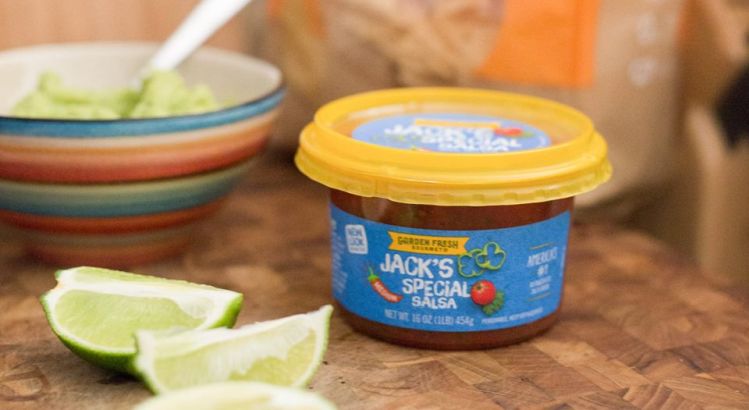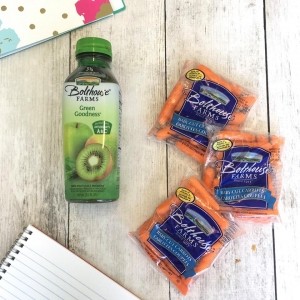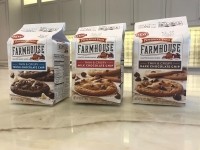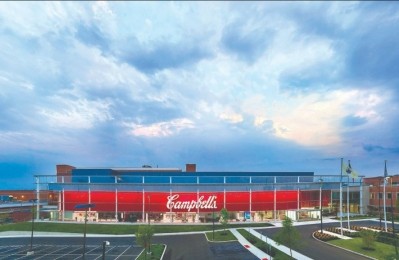Back to the future at Campbell Soup, as firm unveils plan to divest C-Fresh and international operations
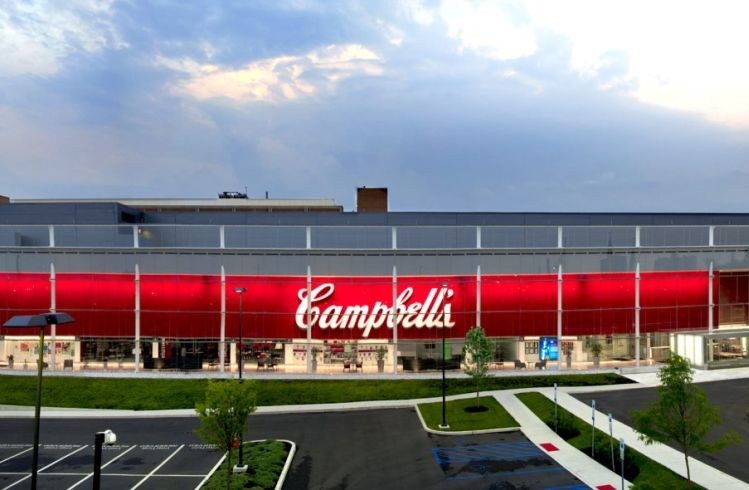
Campbell Soup - which has been under pressure from activist investor Dan Loeb to make bold changes amid lackluster sales and a declining stock price, and has been reviewing operations since the sudden exit of CEO Denise Morrison in May - said it would use the proceeds from the sales of non-core brands to pay down debt. The businesses up for sale generated about $2.1bn in net sales in fiscal 2018.
The focus going forward will be snacks, meals and beverages in North America (Campbell Soup, Prego, V8, Pacific Foods, SpaghettiOs, Snack Factory, Kettle Chips, Milano, Lance, Pace, Farmhouse, Goldfish, Pepperidge farm, Snyder’s, Cape Cod, Late July), said the company, which recently acquired snack maker Snyder’s-Lance and plant-based beverages and organic broths maker Pacific Foods.
“Our new leadership team will concentrate on significantly improving operational discipline,” said interim president and CEO Keith McLoughlin, who has engaged Goldman Sachs and Centerview Partners to handle the sale of Campbell International (comprising Arnott's in Australia, Kelsen in China, plus manufacturing operations in Indonesia and Malaysia, and businesses in Hong Kong and Japan) and Campbell Fresh (Bolthouse Farms, Garden Fresh Gourmet, refrigerated soup).
"After three months in my role as interim CEO and digging into the operations with the new management team, it’s abundantly clear to me that the company is in need of greater focus and discipline," he told analysts during the Q4 earnings call.
But he added: "The board also remains open and committed to evaluating all strategic options if they can demonstrably enhance value."
Bernstein: ‘Overall things appear to remain in flux’
Commenting on Campbell’s plans, issued as it posted a set of lackluster Q4 results, analysts at Bernstein said: “Overall, things appear to remain in flux.
"We are not confident in Campbell's ability to return to its long-term growth algorithm after fiscal year 2019, especially given its inability to take pricing to offset higher input and freight costs in the challenging retail environment, ongoing leadership changes, and the company's track record of under-delivering on its growth algorithm over the past decade.”
Campbell expects weak results in the first quarter of fiscal 2019 led by continued pressure in US soup, a negative impact from the recall of selected ‘Flavor-Blasted’ Goldfish crackers over salmonella concerns, and a revenue recognition accounting change, they added:
“Campbell's FY2019 outlook appears to be relatively bleak. The company expects sales of $9.98bn-$10.1bn excluding divestitures, the mid-point of which is -2% below consensus and implies a -2% organic sales decline driven by continued weakness in US soup and two expiring refrigerated soup contracts in the C-Fresh segment.”
“The push to move away from fresh foods is not surprising news. Campbell Soup has been actively shifting its strategic direction, which includes boosting its position in the snacking category, as confirmed with the acquisition of Snyder’s Lance. After this significant investment, the company’s snack and biscuits product portfolio grew by 50% and currently, the snack business represents more than 45% of their net sales.
"Given this strategic direction, the divestiture of its international and fresh businesses aligns with their current focus. While selling these units would mean cutting 20% of its current net sales, it will allow the company to go back to its basics and focus on improving results in their core business.
"In the past few years, Campbell Soup has made a tremendous effort to stay on top of and adapt to changing industry trends. They have been actively fighting in the packaged food sector to maintain and extend their brand image by transforming their product portfolio to better align with health and wellness trends. The divestiture will help simplify their product portfolio, and hopefully come back on track.”
Carolina Alfero, research analyst, Euromonitor International
Third Point LLC, which owns more than 5% of the company, said in an August 9 SEC filing that "the only justifiable outcome of the strategic review," was a sale to a "strategic buyer."
C-Fresh: The truth is, we expected more, faster, in multiple areas of this business
But why sell the C-Fresh division (Bolthouse Farms carrots, organic beverages, and dressings, plus Garden Fresh salsa, hummus and dips, and fresh soups) given the ongoing challenges in the center of the store and consumers’ apparent shift to the store perimeter in search of fresher, but still convenient, options?
Speaking to analysts in 2017, then-CEO Denise Morrison said packaged fresh food was bang on trend, but admitted it was taking longer than expected for the company’s brands in this segment to deliver a positive impact on the group P&L.
A particular area of frustration has been the integration of Garden Fresh Gourmet, which was acquired in June 2015, she said: “The traits that made Garden Fresh Gourmet an attractive acquisition target, a small authentic brand with a compelling story, have also presented some obstacles…
“The truth is, we expected more, faster, in multiple areas of this business, including financial systems, information technology, and supply chain integration, as well as increased marketplace distribution. Garden Fresh Gourmet salsa was largely a Midwestern brand. Our plan called for the rapid distribution expansion of branded salsa beyond the Midwest. However, it became apparent that we did not have the differentiated recipes and taste profiles that would be accepted by consumers in other parts of the country."
At Bolthouse Farms, which Campbell acquired in August 2012, momentum in beverages had been lost in part due to the June 2016 recall (owing to spoilage issues) of 3.8m bottles of Protein PLUS, which had been one of the brand’s strongest performing SKUs, and accounted for 15% of the Bolthouse Farms beverage business, she said.
The carrots business has also been struggling, said CFO Anthony DiSilvestro in May 2018: "We're seeing low crop yields on carrots. We're seeing lower manufacturing yields. We're seeing higher cost inflation in things like transportation and logistics. We've had to go to co-packers, and those are more expensive."
Q4, 2018 results
Sales of $2.219bn were -1.2% below consensus, says Bernstein. Organic sales growth was down 3%.
The Americas Simple Meals and Beverages segment remained challenged with organic sales down -6% and U.S. soup sales down -14% YoY (excluding the Pacific Foods acquisition), reflecting increased competitive pressure across the market. “As Campbell looks to increase promotional spending to get back on track with Walmart for the upcoming soup season, we expect this to lower pricing and to further pressure margins in the coming quarters.”
The Global Biscuits and Snacks segment experienced flat organic sales growth as growth in Pepperidge Farm cookies was offset by declines in Arnott's biscuits and Goldfish crackers.
